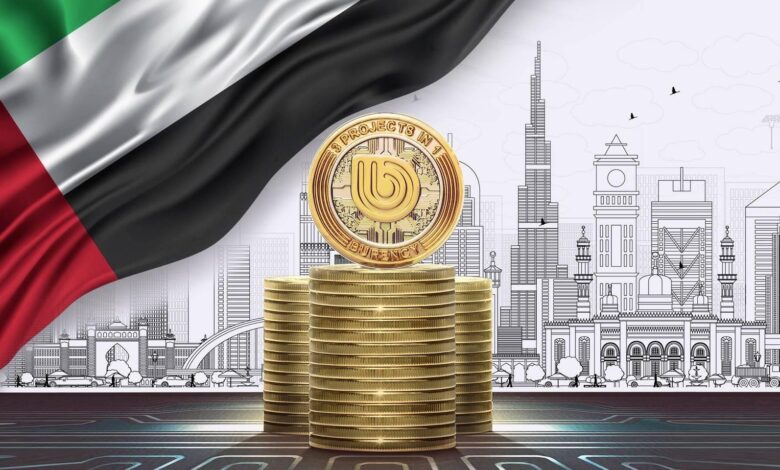
The United Arab Emirates (UAE) is making significant strides towards establishing itself as a leading global hub for cryptocurrency by introducing an unprecedented tax exemption policy. Starting on November 15, 2024, all cryptocurrency exchange and conversion transactions in the UAE will be exempt from Value Added Tax (VAT). This bold move aims to draw both individual investors and institutional players to a more tax-friendly environment, as confirmed by a statement from the Federal Tax Authority (FTA).
Crypto Transactions: New Regulations
The newly announced law marks a departure from previous practices where cryptocurrency transactions were subject to a 5% VAT. This tax was often seen as a barrier to entry for many potential investors and businesses aiming to engage in the dynamic digital asset market. With this taxation now eliminated, the UAE not only facilitates smoother processes for existing users but also warmly welcomes newcomers eager to explore the cryptocurrency space.
Benefits For Businesses And Investors
One of the most enticing aspects of this policy is its retroactive implementation. This means that individuals and businesses that have been paying VAT on cryptocurrency transactions since January 1, 2018, now have the opportunity to claim significant refunds. This could result in substantial financial benefits for those who have been active in the crypto market over the past few years. Business consultancy firm PwC highlights that companies, due to these amendments, might recover considerable amounts of previously paid taxes.
Moreover, the exemption is not limited to just transfers and conversions. It also extends to investment fund management and virtual asset ownership transfers. Such comprehensive coverage is expected to attract crypto exchanges and entrepreneurs to the UAE, further invigorating its burgeoning digital economy.
UAE: Setting A Precedent In The Region
The UAE is implementing these changes at a time when many other nations are still grappling with how to regulate cryptocurrencies. While countries like China and India have adopted more stringent measures, the UAE is taking a progressive approach by fostering an environment conducive to innovation and investment. This move is likely to set a new standard for other countries contemplating similar tax reforms.
As global competition for cryptocurrency investment intensifies, policies such as the UAE’s tax exemption could prompt other nations to reconsider their own regulatory frameworks. By offering a more favorable tax climate, the UAE is positioning itself as a leader in the digital asset arena, encouraging other countries to follow suit.







